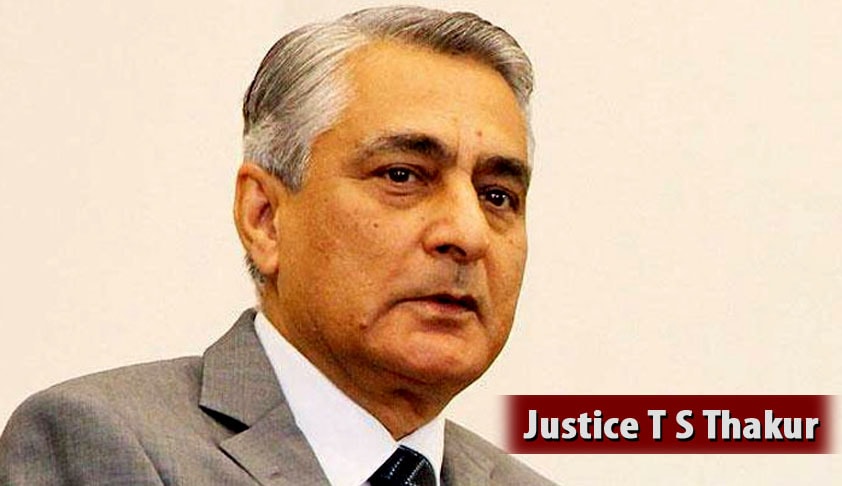Apply polluter pays principle to advanced nations like the US: CJI Thakur
Apoorva Mandhani
4 July 2016 3:49 PM IST

Next Story
4 July 2016 3:49 PM IST
Speaking at a symposium organized by International Law Association in New Delhi, Chief Justice T.S. Thakur on Saturday reprimanded the United States for its refusal to ratify the Kyoto Agreement on carbon reduction.Addressing the seminar titled ‘Principles of Engagement of Domestic Courts with International Law & Recognition/Non-Recognition in International Law’, CJI Thakur concluded...
